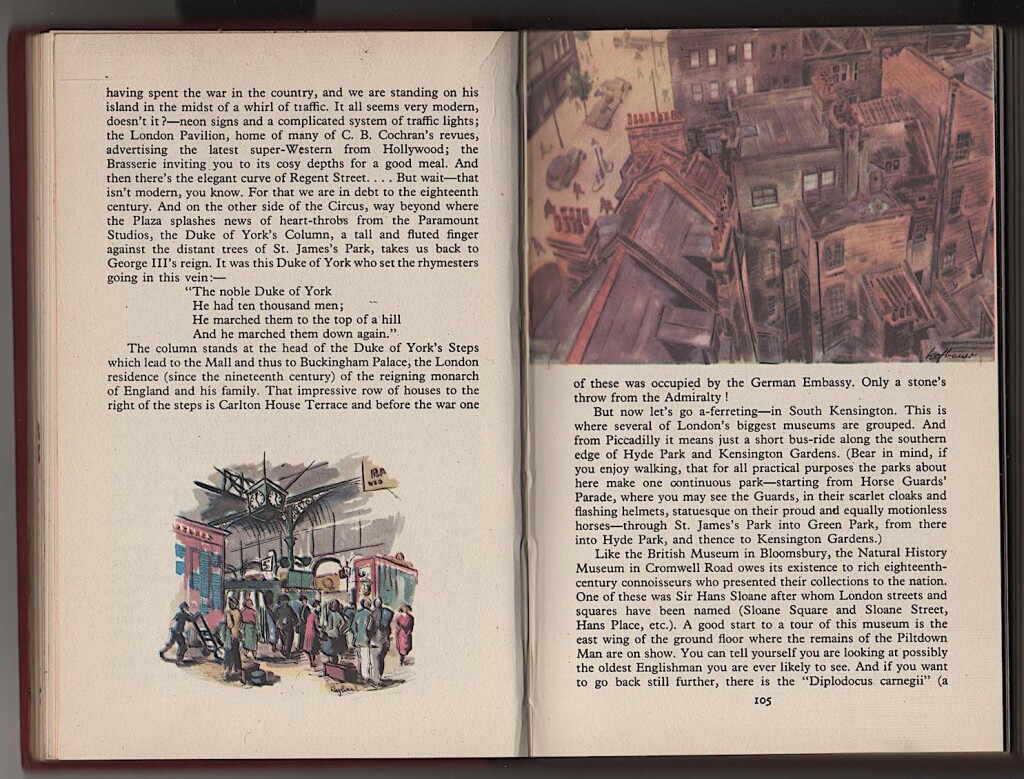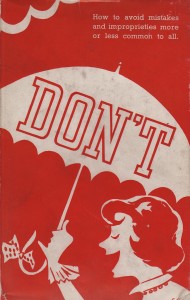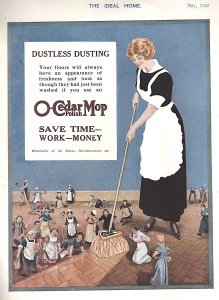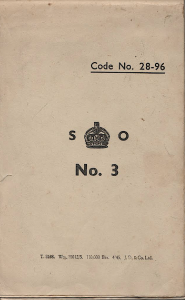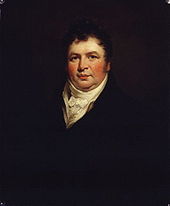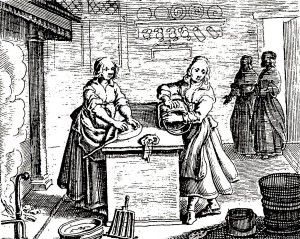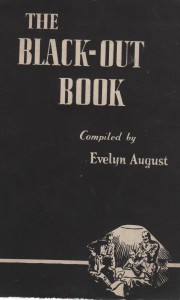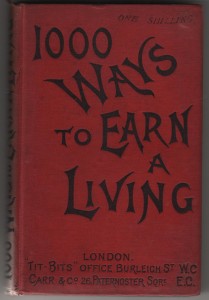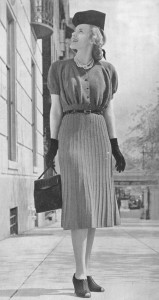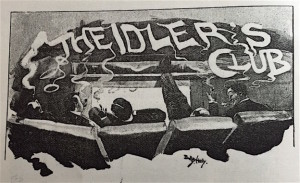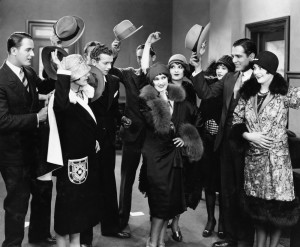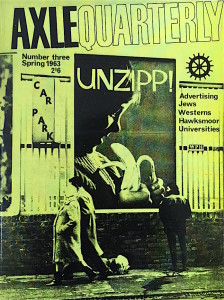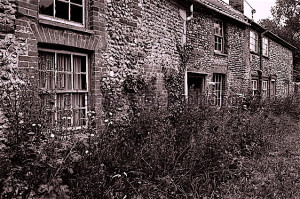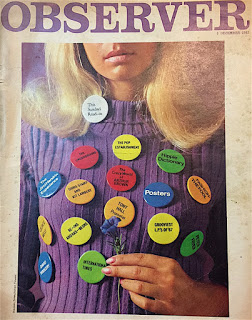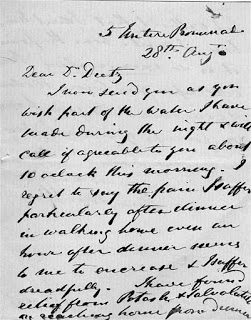Francis Aldor, author of a book on Hitler, and also a publisher, considered compiling his unusual guide to the lesser sights of London after meeting an American tourist from Los Angeles in Venice. When asked if he had visited the city’s ghetto, where Shakespeare’s Shylock was supposed to have lived, the American confessed that he had not. Alas, there was no time for Aldor to show him, as the American’s plane was due to leave the following morning, but the encounter did give Aldor the idea of a book on London, one of the cities he knew most intimately, that would uncover a city whose ‘attractions are innumerable, but notably shy and elusive’. Another reason to publish such a book in 1951, although Aldor doesn’t admit it, was, of course, to cash in on ‘The Festival of Britain’.
Aldor gathered together some talented writers to help him lift the lid on the metropolis– people like navy expert Commander Trevor Blore, K. Kay, G. de Semley, Lee-Howard, Sheila Bridgeman, and Michael Pechel, among others. More extraordinary is the list of artists Aldor and the art editor Imre Hofbauer (1905 – 89), a Serbian immigrant whose brilliant expressionist vignettes had been published in many magazines, called upon to provide the text illustrations—including book illustrator Edward Ardizonne, Terence Bowles, M and V. Bulkely-Johnson, Ray Evans, the caricaturist Fougasse, art critic William Gaunt, Peter Jackson, the gifted painter Fortunino Martania, Francis Marshall, Feliks Topolski, Vertes and some of the best artists of the Grosvenor school of lino cutters. Many of the drawings had already appeared in other books or magazines on London, but their reappearance in this new guide was a stroke of genius.
Many followers of Jot 101 over the age of 75 might recognise some of the aspects of London described in the guide, but for much younger Jotters Aldor’s London of 1951 seems another world away. Take the description of the Dockland district. Aldor is quick to dispel the colourful and somewhat sensational image of Chinatown painted by Thomas Burke in his Limehouse Nights (1916), the Fu Manchu novels of Sax Rohmer and films of the time:
‘Sinister Chinese slinking silently through luminescent fog, with the moan of foghorns in the background; shoreside sharks and tough dames skinning poor sailors home from the sea; ruthless smugglers shooting their way out of police traps; East End dives where” master-minds “ plan commando raids of crime and send out their swarthy plug-uglies to get the Crown Jewels. Continue reading

